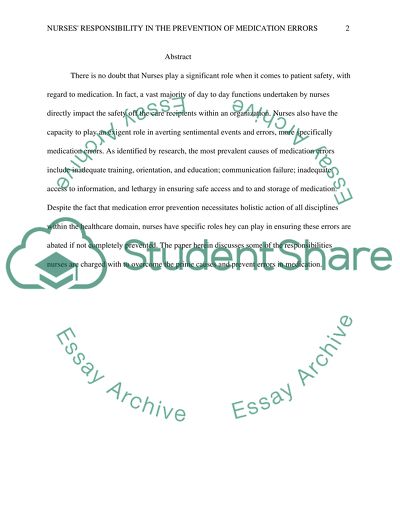Cite this document
(“The Nurses' Responsibility in the Prevention of Medication Errors Research Paper”, n.d.)
Retrieved from https://studentshare.org/nursing/1469304-the-nurses-responsibility-in-the-prevention-of
Retrieved from https://studentshare.org/nursing/1469304-the-nurses-responsibility-in-the-prevention-of
(The Nurses' Responsibility in the Prevention of Medication Errors Research Paper)
https://studentshare.org/nursing/1469304-the-nurses-responsibility-in-the-prevention-of.
https://studentshare.org/nursing/1469304-the-nurses-responsibility-in-the-prevention-of.
“The Nurses' Responsibility in the Prevention of Medication Errors Research Paper”, n.d. https://studentshare.org/nursing/1469304-the-nurses-responsibility-in-the-prevention-of.


